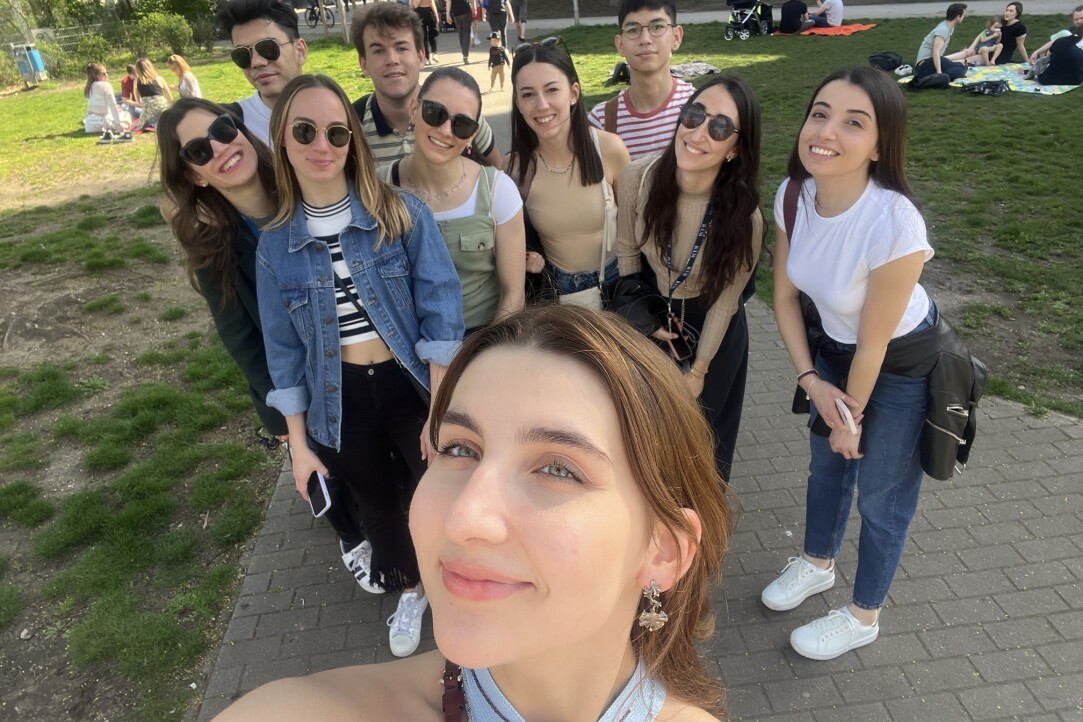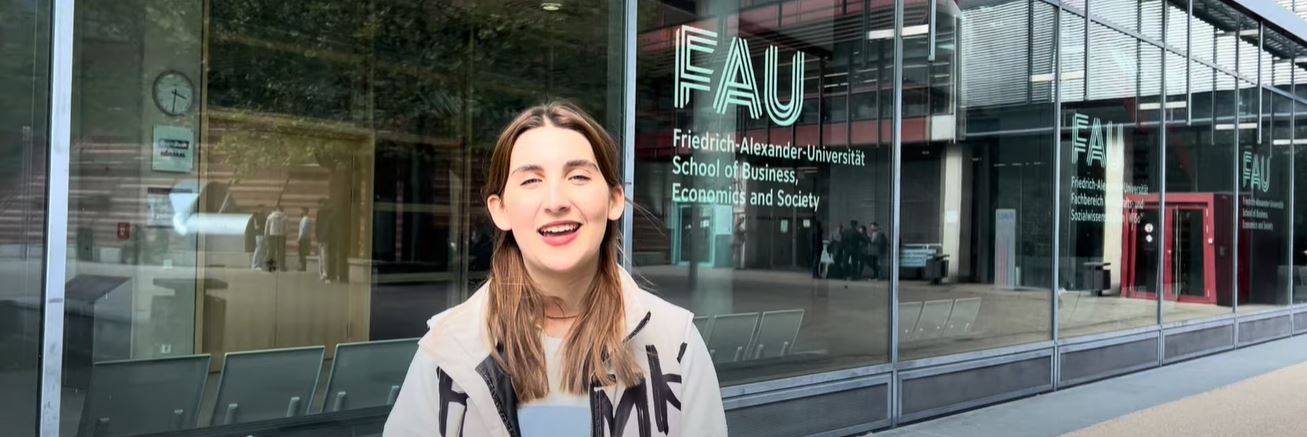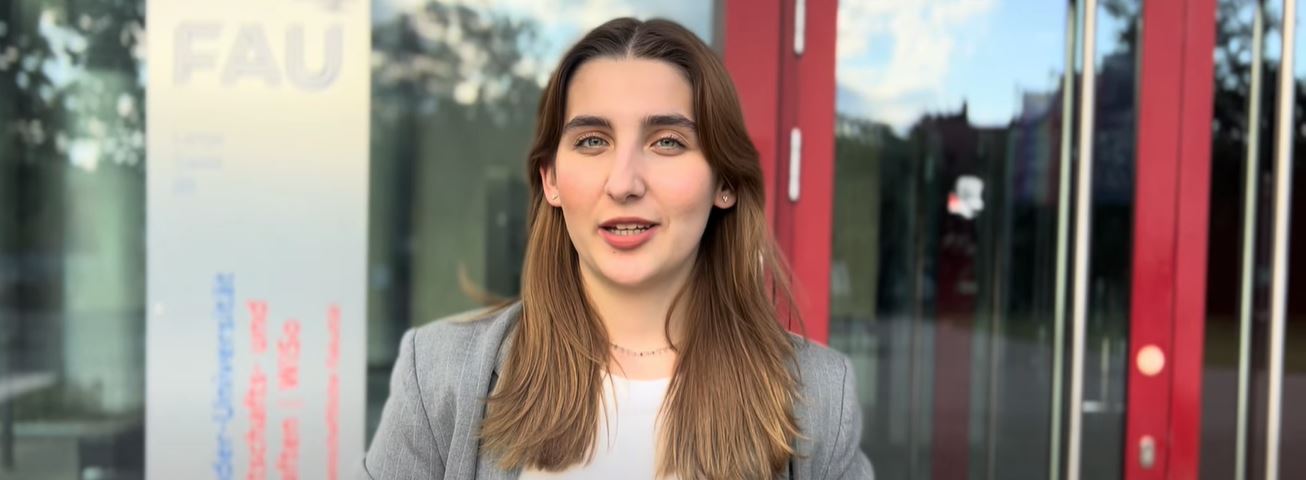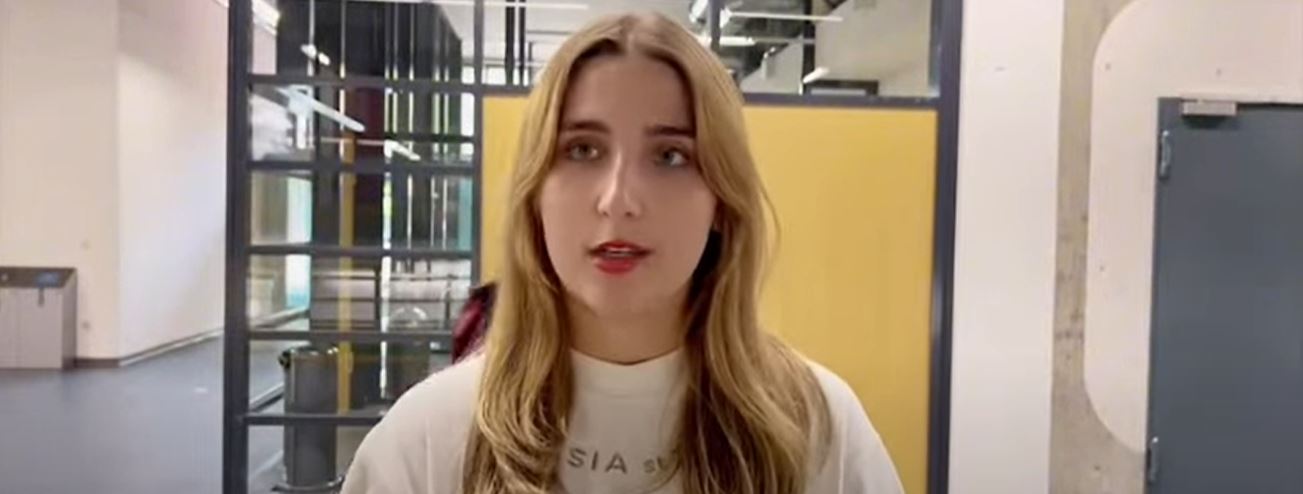Calm and disciplined: how business schools in Germany shape leaders
“Life in Germany is calm — with bureaucracy, shops open until 20:00, festivals and holidays, discipline, cleanliness, and travel opportunities.” Maria Somova shares her impressions of studying at a German university in the renowned city of Nuremberg.
Maria Somova, a second-year Bachelor's student in Digital Innovations in Business Management at the HSE Graduate School of Business, spent a semester at the University of Erlangen-Nürnberg (Friedrich-Alexander-Universität Erlangen-Nürnberg, FAU) in Germany. Founded in 1743, FAU has been home to Nobel laureates, distinguished scientists, and researchers from around the world.

Getting a visa
As soon as I found out I had been nominated for the mobility programme, I started working on my visa application. I decided to apply for it myself. All the necessary information is available on the website of the German Embassy in the Russian Federation.
The process begins with an online application — it’s a questionnaire covering topics such as your visa history. After submitting it, you receive a confirmation that your application has been received. In about 1–2 weeks, you get a notification with the date and time of your appointment at the visa center, where you’ll need to submit your documents. The list of required documents is also available on the embassy’s website.
Pay special attention to the financial guarantee. To open a blocked account in Germany, you may need a card issued by a foreign bank.
Choice of accommodation
Accommodation is provided by the university, which is a great advantage. If you’re comfortable with dormitory life, you can apply in advance on the university’s website. Student dormitories in Germany are more like small studios, with private bathrooms and kitchens.
Housing prices in Nuremberg are comparable to those in Moscow. However, keep in mind that in Germany there are mandatory taxes for all residents — for example, the “radio tax” (€91 every three months, although it is cancelled in August).
Students can travel across Germany (excluding high-speed trains) for €29 per month. Insurance and housing together cost about €500 per month. A cup of coffee typically costs €3–4.
Studying at the university
The university has two campuses: one in Nuremberg, where the Business School is located, and the other in Erlangen, about 40 minutes away. Most classes take place in Nuremberg, but I occasionally had to travel to the Erlangen campus.
I highly recommend attending the Welcome Week, as it provides essential information about life in Germany and the specifics of studying there.
Studying at FAU is very different from studying at GSB — it requires more discipline and self-organisation. You need to study a lot of material independently, with less support from teachers.
General impressions
Life in Germany is quite different from life in Moscow. It’s calm, with a lot of bureaucracy, shops open until 8 p.m., numerous festivals and holidays, a strong sense of discipline and cleanliness, and lots of travel opportunities.
Studying as an exchange student was an unforgettable experience. It brought many emotions, new friends, and valuable knowledge — all of which I will remember forever.



